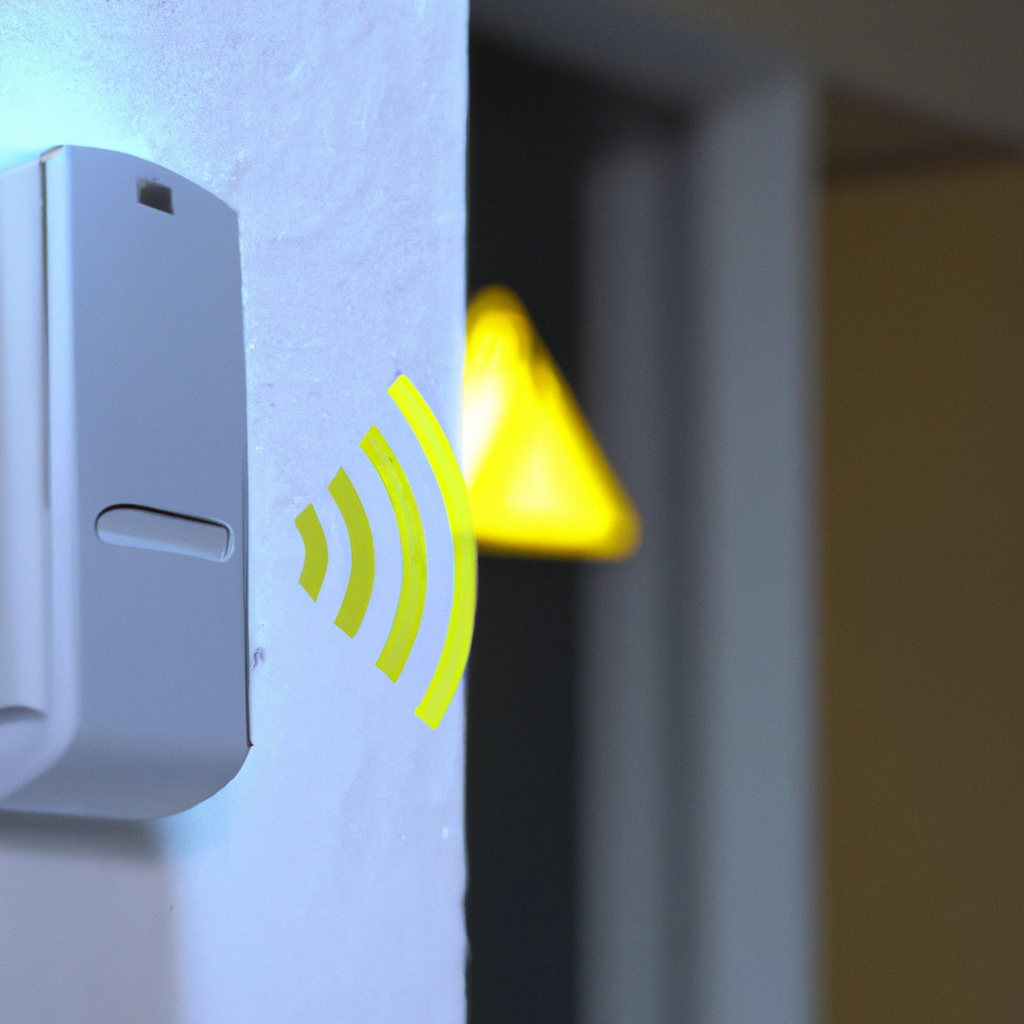A home security alarm is an essential part of the modern smart home security system. It is designed to alert homeowners and authorities of any potential intruders or breaches of security in their homes. Home security alarms come in different types and with different features, but they all work using the same basic principles of intruder detection, sensor technology, and home monitoring. In this article, we will explore how a home security alarm works, including the different types of alarms available, the technology behind them, and how they provide home protection and safety.
Types of Home Security Alarms
Home security alarms come in various types, depending on their features and functionalities. The most commonly used types of home security alarms include:
1. Burglar Alarms: These are alarms that are designed to detect and alert homeowners of any potential break-ins or burglaries. They work using sensors that are placed around the house, including doors, windows, and other entry points. When an intruder attempts to gain access through any of these entry points, the sensors trigger the alarm, alerting the homeowners and the authorities.
2. Fire Alarms: These are alarms that are designed to detect and alert homeowners of any potential fire outbreaks in their homes. They work using smoke detectors that are placed in different areas of the house. When smoke is detected, the alarm is triggered, alerting the homeowners to take action and call the fire department.
3. Carbon Monoxide Alarms: These alarms detect and alert homeowners of any potential carbon monoxide leaks in their homes. Carbon monoxide is a deadly gas that can cause serious health problems or even death if not detected early. Carbon monoxide alarms work using sensors that detect the gas and trigger the alarm when levels are high.
Technology Behind Home Security Alarms
Home security alarms work using sophisticated technology that enables them to detect and alert homeowners of any potential threats to their homes. Some of the technologies used in home security alarms include:
1. Sensor Technology: Sensors are the backbone of home security alarms. They are designed to detect any changes in the environment and trigger the alarm when necessary. Sensors come in different types, including motion sensors, door and window sensors, and glass break sensors. They work by detecting changes in the surrounding environment and sending signals to the alarm system to trigger the alarm.
2. Home Monitoring: Home monitoring is a critical component of home security alarms. It involves the use of cameras and other monitoring devices that allow homeowners to keep an eye on their homes even when they are away. Home monitoring can be done remotely, using smartphones or other devices that allow homeowners to access the cameras and other monitoring devices from anywhere.
3. Smart Home Security: Smart home security is a new technology that is rapidly gaining popularity among homeowners. It involves the use of smart devices, including smart locks, smart cameras, and smart sensors, to enhance home security. Smart home security systems can be controlled remotely, using smartphones or other devices, and can be customized to meet the specific needs of homeowners.
Providing Home Protection and Safety
Home security alarms are designed to provide homeowners with peace of mind and protect their homes from potential threats. They offer several benefits, including:
1. Deterrent Effect: The presence of a home security alarm can act as a deterrent to potential intruders. Burglars are less likely to attempt to break into a home that has a visible alarm system.
2. Early Detection: Home security alarms can detect potential threats early, allowing homeowners to take action before any damage is done.
3. Prompt Response: Home security alarms can alert homeowners and authorities of any potential threats, allowing for a prompt response and minimizing the risk of loss or damage.
Conclusion
Home security alarms are an essential part of any modern smart home security system. They work using sophisticated technology that enables them to detect and alert homeowners of any potential threats to their homes. Home security alarms provide homeowners with peace of mind and protect their homes from potential threats, offering several benefits, including early detection, prompt response, and a deterrent effect. With the rise of smart home security technology, home security alarms are becoming more advanced and customizable, allowing homeowners to tailor their security systems to meet their specific needs.







